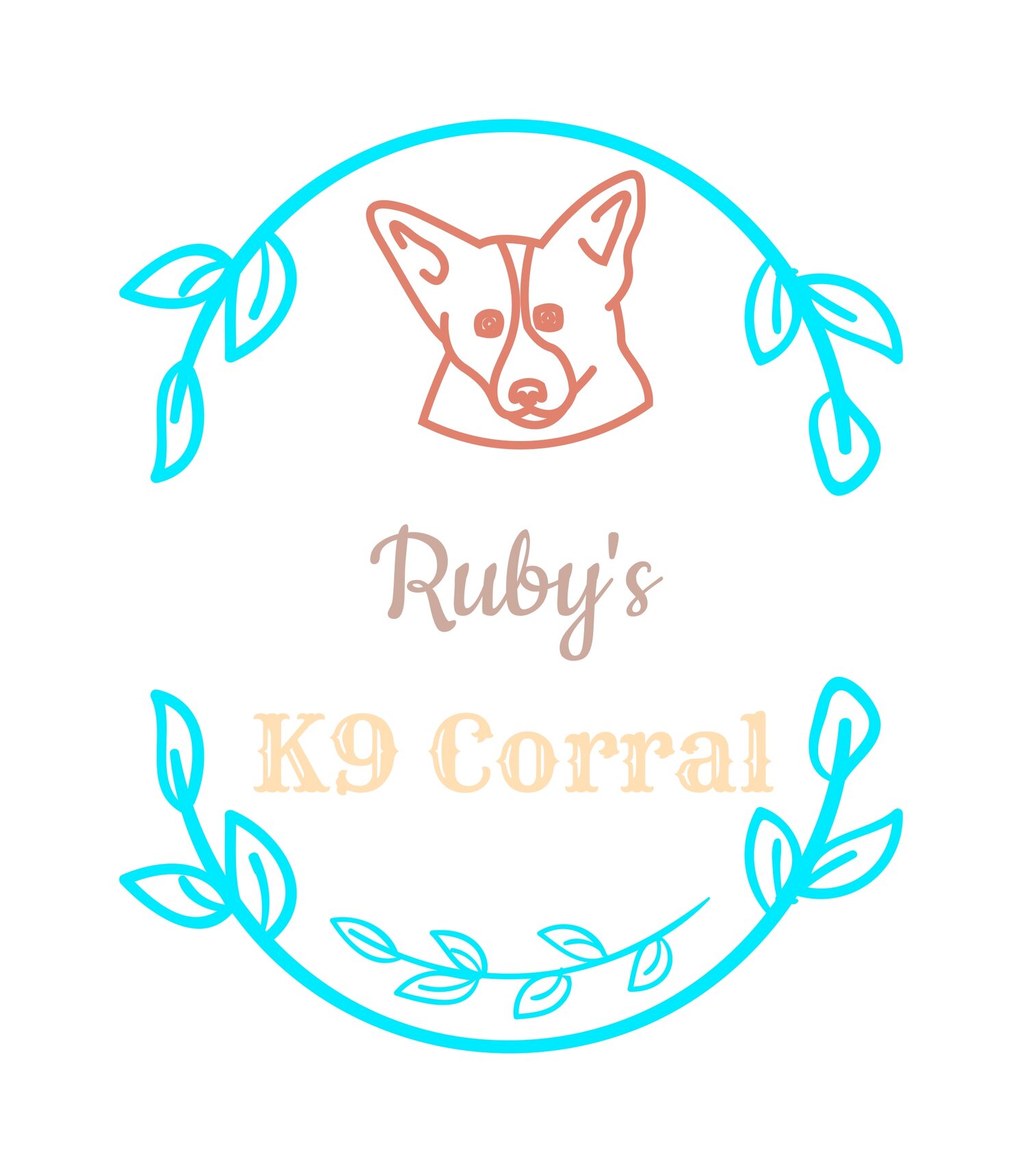Welcoming Your New Puppy: A Guide to Preparing Your Home
Bringing home a new puppy is an exciting and joyful experience, but it also requires thoughtful preparation to ensure a smooth transition for your furry friend. Whether you’re a first-time pet owner or adding another pup to your pack, here's a comprehensive guide to help you prepare your home for your adorable new arrival.
1. Puppy-Proof Your Home
Just like baby-proofing, puppy-proofing your house is essential. Puppies are curious and love to explore, often with their mouths! Here are some steps to take:
Remove Hazardous Items: Ensure that all cleaning supplies, medications, electrical cords, and sharp objects are out of reach.
Secure Fragile Items: Put away fragile items that could be easily knocked over or broken.
Block Off Restricted Areas: Use baby gates to keep your puppy out of certain areas of your house where they might get into trouble or where it isn’t safe for them to be unattended.
2. Create a Safe Space
Your puppy will need a designated safe space to retreat to when they need a break from all the excitement. This can be a crate, a specific room, or a gated-off section of a room. This space should be:
Comfortable: Include a soft bed or blanket.
Well-Stocked: Have toys and chew items available to keep them entertained.
Quiet: Away from high-traffic areas, where they can feel secure and relaxed.
3. Gather Supplies
Make sure you have all the necessary supplies before your puppy arrives, including:
Food and Water Bowls: Stainless steel or heavy ceramic bowls are durable and easy to clean.
Puppy Food: Choose a high-quality puppy food suited to your puppy’s breed and size.
Collar and Leash: Adjustable collar and a sturdy leash for walks and training.
Toys: A variety of toys including chew toys, plush toys, and interactive toys to keep your puppy engaged.
Crate: If you plan to crate train, ensure the crate is the right size for your puppy to stand, turn around, and lie down comfortably.
Puppy Pads: Useful for house training, particularly during the first few weeks.
Grooming Supplies: Brushes, nail clippers, and puppy shampoo to keep them clean and neat.
ID Tag and Microchip: Ensure your puppy has proper identification in case they get lost.
4. Plan a Vet Appointment
Schedule a vet visit for a few days after bringing your puppy home. This check-up will ensure your puppy is healthy, discuss vaccinations, and establish a wellness plan.
5. Set Up a Routine
Puppies thrive on routine. Establish a consistent schedule for feeding, potty breaks, playtime, and sleep. This helps your puppy understand what to expect and minimizes stress.
6. House Training Preparation
House training is a crucial part of integrating your puppy into your home:
Frequent Potty Breaks: Take your puppy outside frequently, especially after eating, playing, and waking up.
Positive Reinforcement: Reward good behaviors with treats, praise, and affection.
Consistency: Use the same spot for potty breaks to create a habit and make it easier for your puppy to understand what’s expected.
7. Socialization and Training
Early socialization is vital for a well-adjusted puppy:
Introduce Gradually: Slowly introduce your puppy to new people, pets, environments, and experiences.
Basic Commands: Start with simple commands like “sit,” “stay,” and “come.” Use positive reinforcement techniques.
8. Puppy-Proof the Outdoors
If you have a yard, make sure it's safe for your puppy:
Secure Fencing: Ensure there are no gaps or weak spots where your puppy could escape.
Toxic Plants: Remove or fence off plants that are toxic to dogs.
Supervised Time: Always supervise your puppy when they are outside, especially during the first few weeks.
9. Know What to Expect
Understand that bringing a puppy home comes with its challenges:
Sleep Disruptions: Puppies may cry or whine during the night as they adjust.
Accidents: Expect some potty accidents as they learn.
Chewing: Puppies love to chew, provide plenty of chew toys and redirect them from biting inappropriate objects.
10. Patience and Love
Above all, be patient. Your puppy is learning and growing, and it will take time for them to adjust fully to their new home. Shower them with love, affection, and positive reinforcement, and you'll build a strong, trusting bond.
Conclusion
Preparing your home for a new puppy involves some effort, but the rewards are well worth it. By following these steps, you can help ensure a smooth transition for your new furry family member, paving the way for years of joy, companionship, and unconditional love.
Welcome to the wonderful world of puppy parenthood! 🐾❤️
